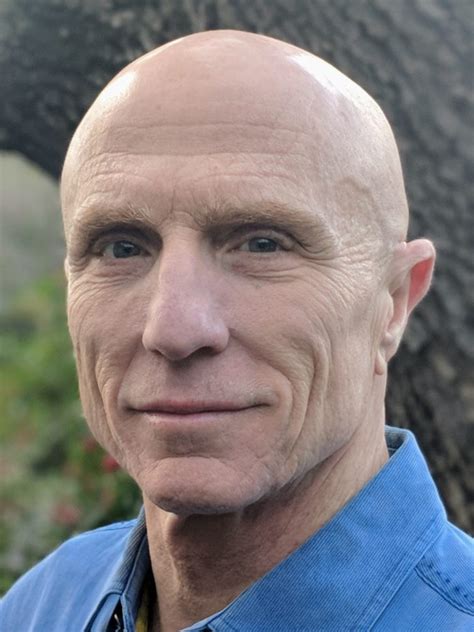A Quote by Lord Kelvin
In physical science a first essential step in the direction of learning any subject is to find principles of numerical reckoning and practicable methods for measuring some quality connected with it. I often say that when you can measure what you are speaking about, and express it in numbers, you know something about it; but when you cannot measure it, when you cannot express it in numbers, your knowledge is of a meagre and unsatisfactory kind; it may be the beginning of knowledge, but you have scarcely in your thoughts advanced to the stage of science, whatever the matter may be.
Quote Topics
About
Advanced
Any
Beginning
Cannot
Connected
Direction
Essential
Express
Find
First
Kind
Know
Knowledge
Learning
Matter
May
Measure
Measuring
Methods
Numbers
Numerical
Often
Our Thoughts
Physical
Physical Science
Principles
Quality
Reckoning
Say
Scarcely
Science
Some
Something
Speaking
Stage
Step
Subject
Thoughts
Whatever
Your
Related Quotes
I conclude that, while it is true that science cannot decide questions of value, that is because they cannot be intellectually decided at all, and lie outside the realm of truth and falsehood. Whatever knowledge is attainable, must be attained by scientific methods; and what science cannot discover, mankind cannot know.
We have no knowledge, that is, no general principles drawn from the contemplation of particular facts, but what has been built up by pleasure, and exists in us by pleasure alone. The Man of Science, the Chemist and Mathematician, whatever difficulties and disgusts they may have had to struggle with, know and feel this. However painful may be the objects with which the Anatomist's knowledge is connected, he feels that his knowledge is pleasure; and where he has no pleasure he has no knowledge.
We profess to teach the principles and practice of medicine, or, in other words, the science and art of medicine. Science is knowledge reduced to principles; art is knowledge reduced to practice. The knowing and doing, however, are distinct. ... Your knowledge, therefore, is useless unless you cultivate the art of healing. Unfortunately, the scientific man very often has the least amount of art, and he is totally unsuccessful in practice; and, on the other hand, there may be much art based on an infinitesimal amount of knowledge, and yet it is sufficient to make its cultivator eminent.
I was probably 14 or 15 when I was first on stage at school doing 'Measure for Measure.' I immediately felt it was a great way of expressing oneself at a moment when I didn't think I could express myself, really. I suddenly had access to this range of emotions and thoughts and feelings that were there in me. I was surprised by that.
Place yourself among those who carry on their lives with passion, and true learning will take place, no matter how humble or exalted the setting. But no matter what path you follow, do not be ashamed of your learning. In some corner of your life, you know more about something than anyone else on earth. The true measure of your education is not what you know, but how you share what you know with others.
Certainly it's great to be able to talk to your friends about something. They might mention a film, and you can find all about it, and you don't have to wait months until you can find a book that might cover the subject and keep it in your head. You can have that kind of immediacy. But there's also something about it, where all the knowledge seems kind of fleeting. All the stuff I learn about in that way, I can be interested in for a day and then it's gone.
Even if we ignore the 'non-theoretical' knowledge which we acquire through experience (such as the knowledge of what something tastes like) and concentrate on theoretical knowledge, there is no good reason to think that physics can literally give the theory of everything. Here I want to be really pedantic. Although everything may be subject to physical law, not everything can be explained or described in physical terms. Physics has literally nothing to say about society, morality and the mind, for example - but of course these are parts of 'everything'.
Passion and drive are not the same at all. Passion pulls you toward something you cannot resist. Drive pushes you toward something you feel compelled or obligated to do. If you know nothing about yourself, you can't tell the difference. Once you gain a modicum of self-knowledge, you can express your passion.....It's not about jumping through someone else's hoops. That's drive.

































